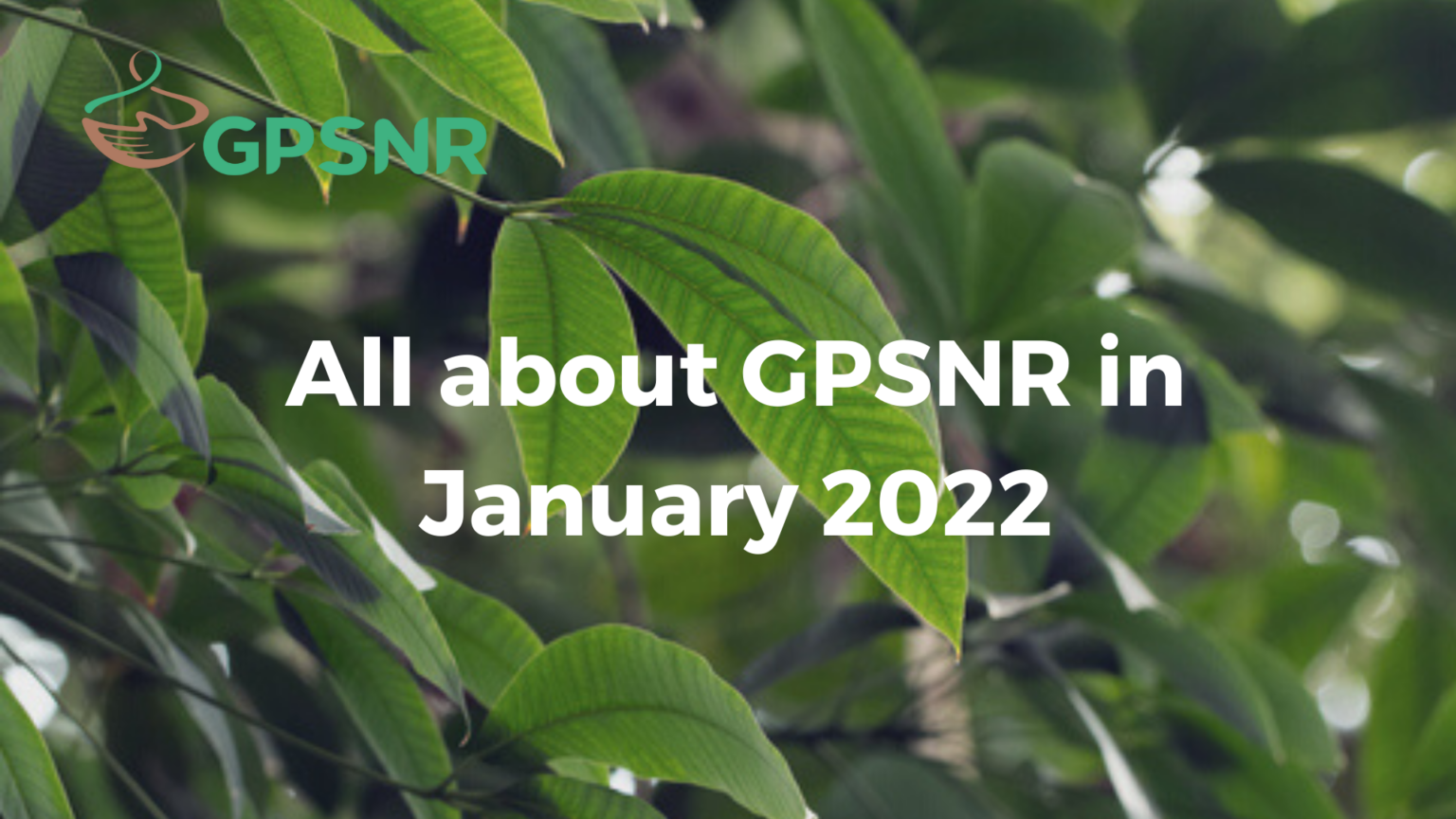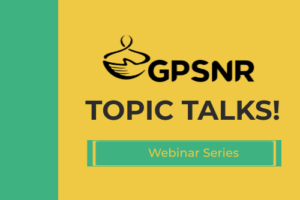All GPSNR working groups have begun planning the year ahead. Here are all their updates:
Strategy and Objectives Working Group
After finalising the Theory of Change, the group is working on developing next steps for itself based on the ToC and updating its own Terms of Reference and membership.It is also busy with developing the RFP for the Economic Risk Study, which will be published soon.
Smallholder Representation Working Group
Apart from onboarding workshops in Ghana, Liberia, Malaysia and Colombia, the group is focussed on its newly formed task force to develop the GPSNR Smallholders Policy Framework before the General Assembly of 2022.
Policy Toolbox Working Group
The group saw a major milestone in the approval of the reporting requirements at the 2021 General Assembly. In the coming months, they will be developing guidance for the reporting requirements and a transparency roadmap before the reporting cycle begins in mid-2022. At the same time, the group continues to refine the Implementation Guidance before the General Assembly of 2022 while supporting the smallholder working group with the Smallholder Policy Framework. Additionally, this group is busy with finalising the compliance panel operational guidance.
Capacity Building Working Group
The group recently closed two RFPs for the assessment of the Knowledge Sharing Platform and GAP coaching for Indonesia respectively. While finalising and appointing service providers from the applicants, the group will also review and finalise the strategy and approach for capacity building in Thailand, including integration with Agroforestry Task Force workstream. To this end, the recently formed Thailand capacity building national subgroup had its first meeting in January 2022.
The working group is also working on capacity building plans for Indonesia and Ivory Coast.
Traceability and Transparency Working Group
Having received members’ input on the traceability benchmark, this working group is now refining the benchmark based on the feedback. They will also be providing a summary of tools based on traceability studies conducted in 2021 to the EC.
Shared Responsibility Working Group
The Shared Responsibility working group has appointed a consultant from New Foresight to support the Shared Responsibility (SR) framework development. The consultant is now working on completing the preliminary interviews to gather perspectives on the SR Framework, as well as a data collection exercise. After this, the group will work on drafting the SR framework and policy and preparing a resolution for it by the General Assembly of 2022.






